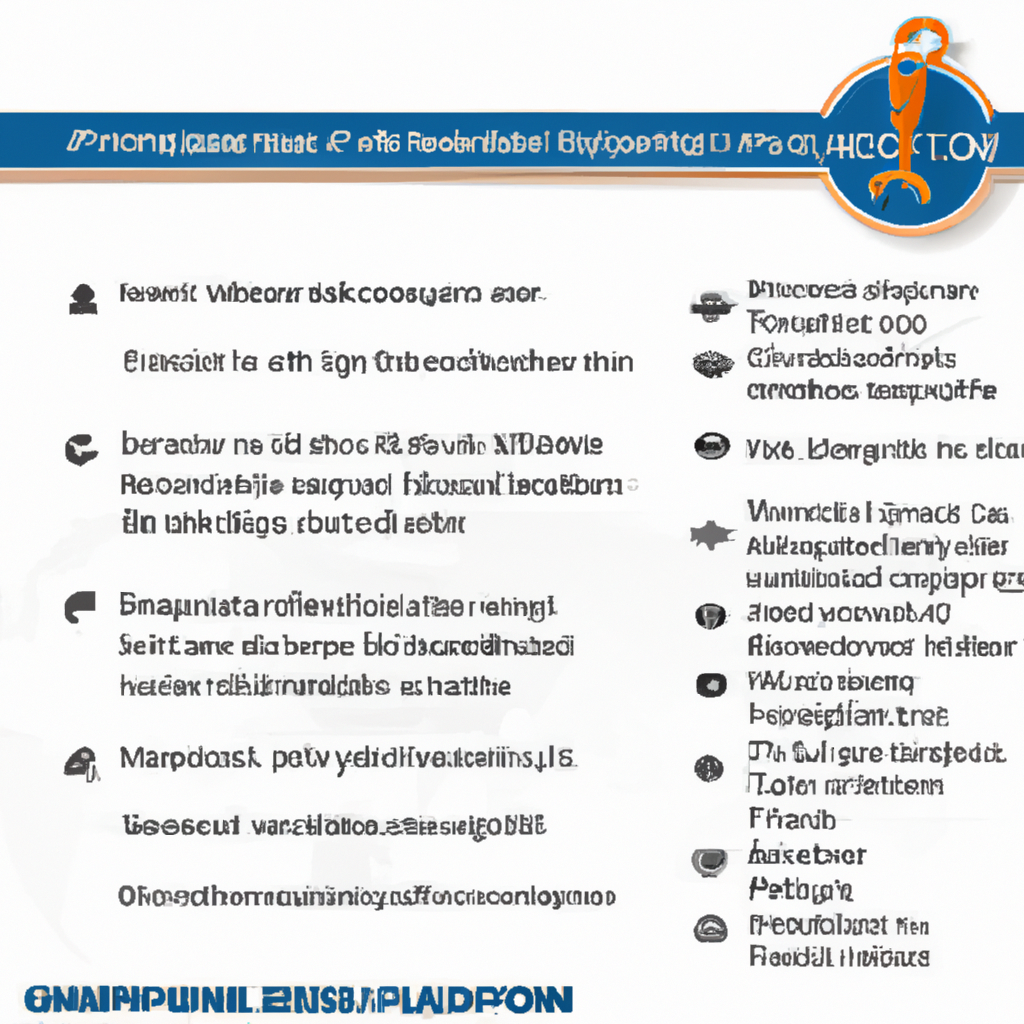Your cart is currently empty!
“The Comprehensive Guide to International Plumbing Code (IPC): A Global Standard for Plumbing Systems”

===
The International Plumbing Code (IPC) is a comprehensive set of regulations and standards that govern the design, installation, and maintenance of plumbing systems in buildings. It is widely recognized as the leading authority in plumbing codes and is adopted by many countries and jurisdictions around the world. The IPC is constantly evolving and is regularly updated to keep up with advancements in technology and industry best practices.
Purpose and Scope of the International Plumbing Code (IPC)
The purpose of the International Plumbing Code (IPC) is to ensure the safety, health, and welfare of the public by regulating the plumbing systems in buildings. It sets forth minimum requirements for the design, installation, and maintenance of plumbing systems to prevent the spread of diseases, protect the environment, and promote efficient water usage.
The scope of the IPC covers all aspects of plumbing systems, including water supply and distribution, sanitary drainage, venting, fixtures, and appliances. It provides guidelines for the proper sizing and installation of pipes, valves, fittings, and other plumbing components. The code also addresses issues such as backflow prevention, cross-connections, and accessibility for individuals with disabilities.
Key Features and Requirements of the International Plumbing Code (IPC)
The International Plumbing Code (IPC) includes a wide range of key features and requirements that ensure the proper functioning and safety of plumbing systems. These include provisions for water supply and distribution, drainage and venting, fixtures and appliances, and water heating systems.
Some of the key requirements of the IPC include the use of approved materials and methods for plumbing installations, proper sizing and installation of pipes and fittings, and the prevention of backflow and cross-connections. The code also specifies the minimum number and type of fixtures required in different types of buildings, as well as the accessibility requirements for individuals with disabilities.
Compliance and Enforcement of the International Plumbing Code (IPC)
Compliance with the International Plumbing Code (IPC) is mandatory for all new construction and renovation projects that involve plumbing systems. Building officials, plumbing inspectors, and other regulatory authorities are responsible for enforcing the code and ensuring that all plumbing installations meet the requirements.
To ensure compliance, the IPC requires that plumbing plans and specifications be submitted for review and approval before construction begins. Inspections are conducted at various stages of the project to verify that the plumbing work is being done in accordance with the approved plans and the code requirements. Non-compliance can result in penalties, fines, or even the halt of construction until the necessary corrections are made.
===
Adhering to the International Plumbing Code (IPC) offers numerous benefits for building owners, occupants, and the community as a whole. By following the code’s requirements, plumbing systems are designed and installed to the highest standards, ensuring their reliability, safety, and efficiency. Compliance with the IPC also helps protect public health by preventing the contamination of water supplies and the spread of diseases.
The future of the International Plumbing Code (IPC) is promising, as it continues to adapt to new technologies, materials, and industry practices. The code is regularly updated to address emerging issues and challenges in the plumbing industry, such as water conservation, energy efficiency, and sustainability. These updates aim to further enhance the safety, performance, and environmental sustainability of plumbing systems worldwide. To stay updated with the latest developments and access the full IPC, visit IBC-Manual.com.
